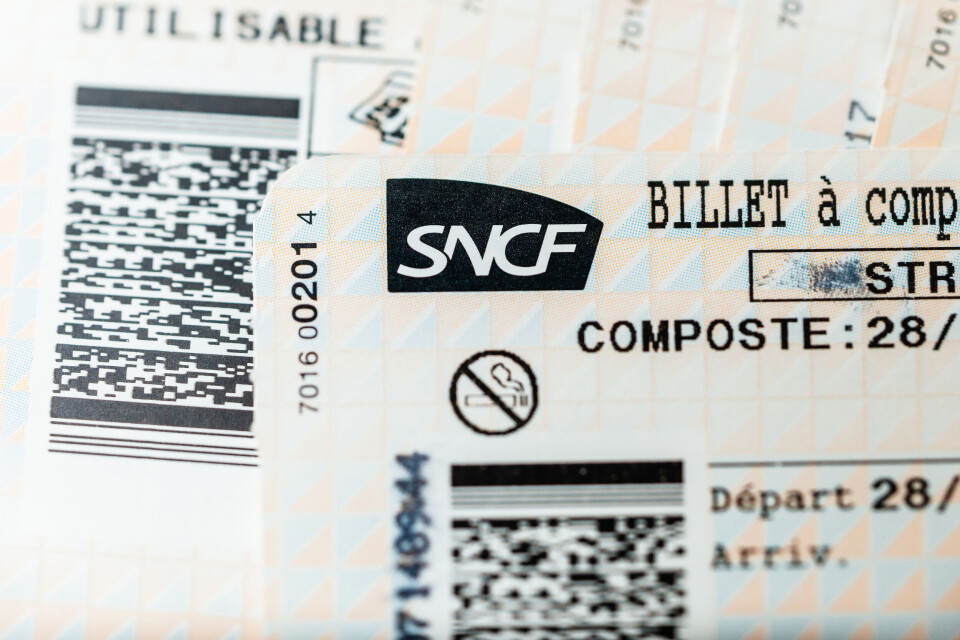-
France’s wild garlic season is here – but foragers should beware toxic lookalikes
Spring brings the fragrant plant to woodlands nationwide. We explain what to look out for
-
Record river levels, more evacuations: Latest on flooding in south-west France
Alerts are in place across five departments and residents in some areas are told to stay home
-
French second-home visa issues raised in House of Lords
British people experience an "expensive and bureaucratic process" to continue living in France
Which French TGV trains are affected by ticket price rises this year?
SNCF has also announced changes to exchange and cancellation rules

Many train prices in France will rise by at least 5% on average in 2023, SNCF has said, blaming the skyrocketing cost of energy for its first ticket price increase in eight years.
The rail operator said that its energy costs had risen by over 13%.
Not all tickets affected immediately
However, not all tickets will be affected, nor will others increase in price immediately. The knock-on effects will be most severe for people buying last-minute tickets. Those who buy tickets well in advance will likely only see a very small increase.
Some types of ticket will be spared from the change, at least until September. These include:
- Ouigo tickets
- ‘Tarifs minimums’ tickets bought far in advance
- Tickets sold today (January 10) for low-cost journeys between January 11-31, under the ‘Connect Days’ banner
- Tickets bought by Avantage cardholders
However, even these tickets will rise in price from September, SNCF said, with awareness of the change being raised over the summer.
Alain Krakovitch, director of TGV Intercités, has already told Le Parisien: “We guarantee that the price caps will not change between now and September 2023.”
Business tickets most affected now
Some tickets will see the most changes more quickly.
These include:
- ‘Business Première’ tickets
- ‘Max Actif’ and ‘Liberté’ business season tickets
- Last minutes sales for ‘maximum tarifs’
Unsurprisingly, SNCF will adjust pricing depending on the time and demand of the train.
‘Lack of clarity over 5%’
Union bosses have responded with mixed feelings about the changes. They are happy that the rise will not be applied immediately, and that customers have time to adjust.
However, Bruno Gazeau, president of the transport user federation la Fédération nationale des associations d’usagers des transports (Fnaut), said: “We are staying alert [...] We recognise and welcome the effort being made to guarantee a moderate rise in cost for families and lower-income people.
“However, we regret the lack of clarity over the 5% rise. There are no details about the tickets or the lines that will be affected [sooner]. Users will have no way of knowing!”
Christophe Fanichet, CEO of SNCF Voyageurs, said that some ticket prices will rise by more than 5%. He said: “We remind people that the 5% rise is an average. Sometimes it will be higher, sometimes lower.”
Exchanges and cancellations
SNCF is also set to change the cut-off point before which passengers can change their tickets or get a refund free. Now, the cut-off point is three days before the journey. From February, it will change to seven days.
The company is also set to change the fees for exchanges or cancellations from €15 to €19, if done later than the seven-day cut-off point.
This marks the end of SNCF’s more generous allowances during the pandemic.
Related articles
We try out SNCF's new app for French train tickets and traffic updates
France rail strikes: unions have until midday to respond to SNCF offer
French train firm SNCF offers railcards at 50% off for one week only
























